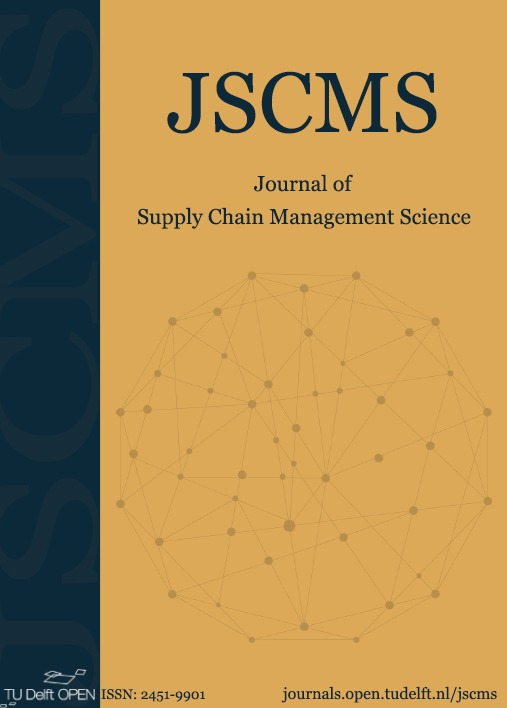Medical tourism supply chain under scrutiny: a hybrid grounded theory and DEMATEL method
DOI:
https://doi.org/10.18757/jscms.2023.7048Abstract
This study sought to provide a comprehensive analysis of the medical tourism supply chain (MTSC) in Shiraz, Iran, to improve the city’s potential tourism market share in the post-COVID-19 future. The study relied on a mixed research methodology. Primarily, semi-structured interviews were conducted with 12 stakeholders involved in Shiraz MTSC. The data from the interviews were then analyzed using grounded theory (GT). To detect any interrelationships among the elements, the model was further analyzed quantitatively through the rough DEMATEL (decision-making trial and evaluation laboratory) method. Rough set theory was used to aggregate group information to overcome the vagueness of the group decision-making process. The results of the qualitative phase helped to configure a model which included 6 main dimensions, 17 sub-dimensions, and 48 elements. Also, according to the quantitative findings, “poor service delivery” was the most significant threat and challenge facing medical tourism in the studied city. The study provides practical insights that could help to improve the states of different stakeholders in the MTSC of developing countries.
Downloads
Published
Issue
Section
License
Copyright (c) 2023 Journal of Supply Chain Management Science

This work is licensed under a Creative Commons Attribution 4.0 International License.
JSCMS is licensed under a Creative Commons Attribution 4.0 International (CC BY 4.0) licence. The license means that anyone is free to share (to copy, distribute, and transmit the work), to remix (to adapt the work) under the following conditions:
- The original authors must be given credit
- For any reuse or distribution, it must be made clear to others what the license terms of this work are
- Any of these conditions can be waived if the copyright holders give permission
- Nothing in this license impairs or restricts the author's moral rights



